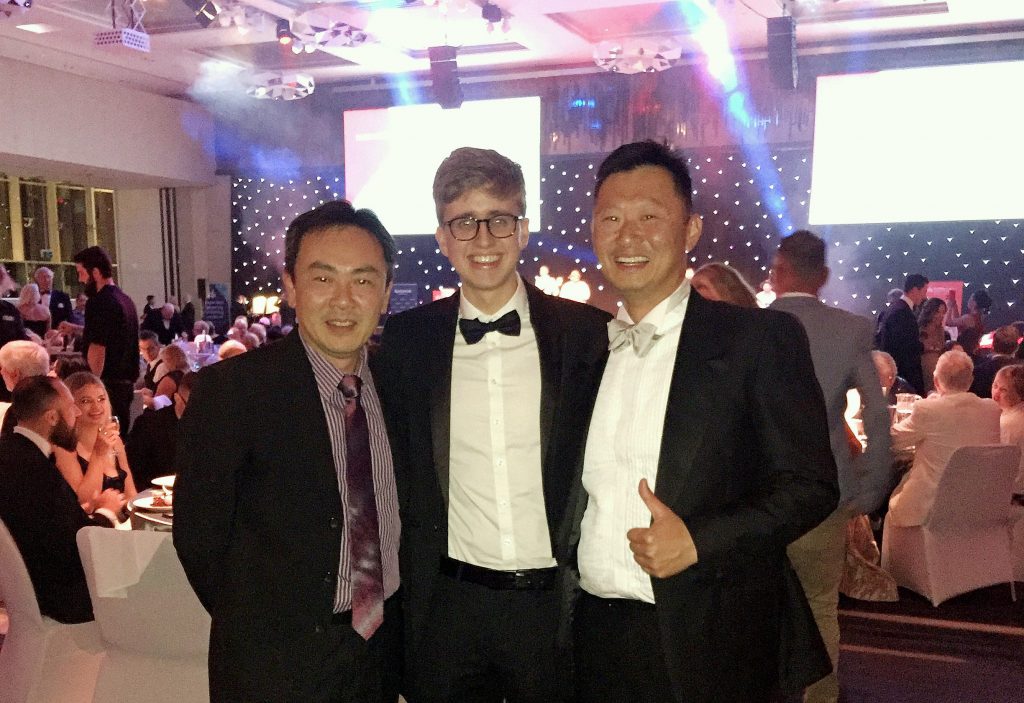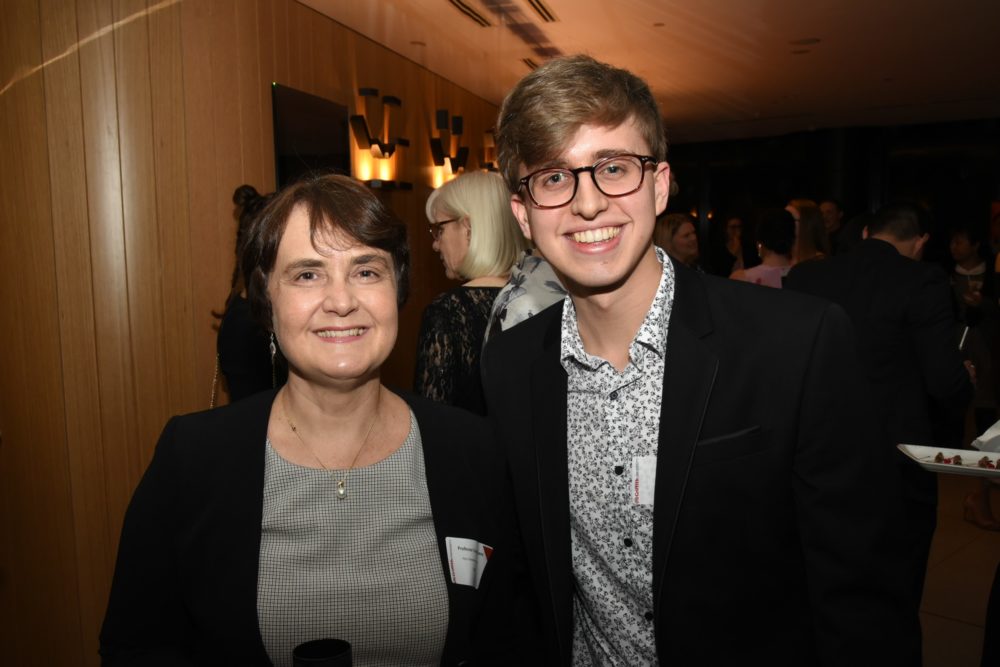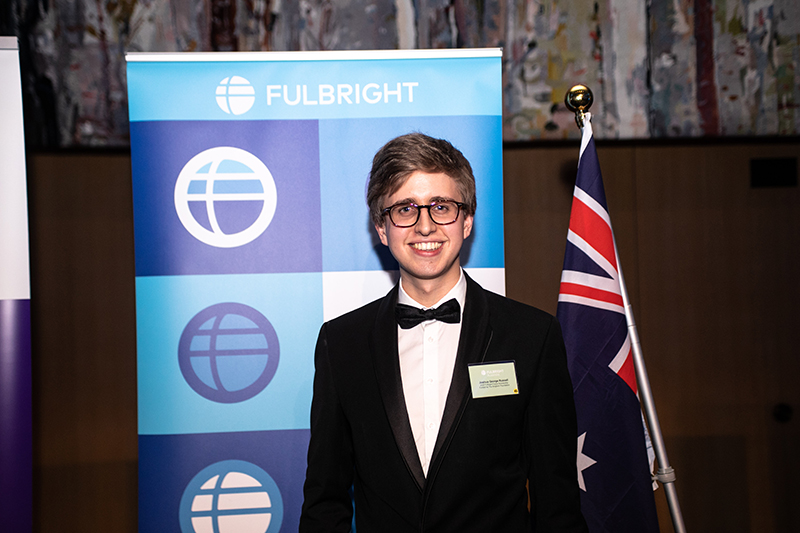
Griffith University Bachelor of Computer Science graduate Joshua Russell has earned a perfect GPA and a ticket to the United States on a prestigious Fulbright Scholarship.
Here in the Precinct we’re hoping the Gold Coast-based former Kings Christian College student will return home with even more smarts than he leaves with in the burgeoning field of AI, with a specific focus on biologically-inspired artificial intelligence and the myriad of biomedical applications.
We caught up with Joshua to talk about the highlight of his undergraduate studies – a research project to use machine learning to shorten the time for creating 3D models of pathogen particles, to assist researchers in drug and vaccine discovery.
And we discovered his pathway to success, including a passion for gaming, and his plans for the future.

From biomedical science, to professional gaming, to AI
Joshua began university life enrolled in biomedical science, and the field remains a strong area of interest, even after data science and all things AI have become his career calling.
On the way to blitzing a Bachelor of Computer Science, the 21-year-old took time out from study to pursue another passion – professional gaming – taking his online gaming talents into the emerging arena of big-time E-sports in Sydney.
“It was a good experience and for me it was all about problem solving, and learning that through dedication you could become exceptional at anything,” explains Joshua, who found the same immersive and challenging opportunity in a healthy obsession with chess.
Griffith’s innovative new offerings in data science and AI were ideal and Joshua quickly flourished on his return to academic study under the mentorship of Associate Professor Alan Liew, who organised an ‘amazing opportunity’ to work with Professor Johnson Mak from the Institute for Glycomics.
“This was such a great project working to help speed up research into gaining a better understanding of the biological particles that cause disease and make up our world,” explains Joshua.
“We use a technique called Cryogenic electron microscopy (cryo-EM) to make a 3D model of biological particles and generally it is a very time-consuming exercise in the lab to collect sufficient images to create the models.
I was able to create an algorithm that effectively reduces the ‘noise’ in the picture information, so that only around half as many images are required to create a clear and accurate model. My work was a proof of concept, showing that it may be possible to significantly reduce the time required for imaging these biological particles whilst maintaining the structural information of the 3D models.”
As an undergraduate student, Joshua was inspired by how well he was integrated into research team activities.
“I was able to go to lab meetings and get involved in professional discussions, it was a really enjoyable experience.”

3D model illustration of a HIV virion (particle). Source.
Biologically-Inspired AI
Joshua has applied to a number of US universities to undertake his Fulbright Future Scholarship (funded by The Kinghorn Foundation) and his study location and research supervisor will provide specific direction to his research path, however he believes that biologically-inspired machine learning will be the future.
“The human brain is the best example of intelligence we have. I believe there is much to learn from the brain in relation to how to design efficient and more general AI algorithms. This is an exciting frontier within the AI community, and I believe it will bring us closer to an understanding of intelligence and how to design intelligent machines.”
Read about Griffith University’s four Fulbright Scholars in 2020.
